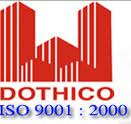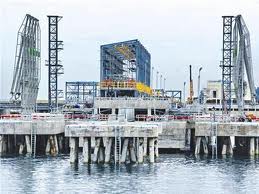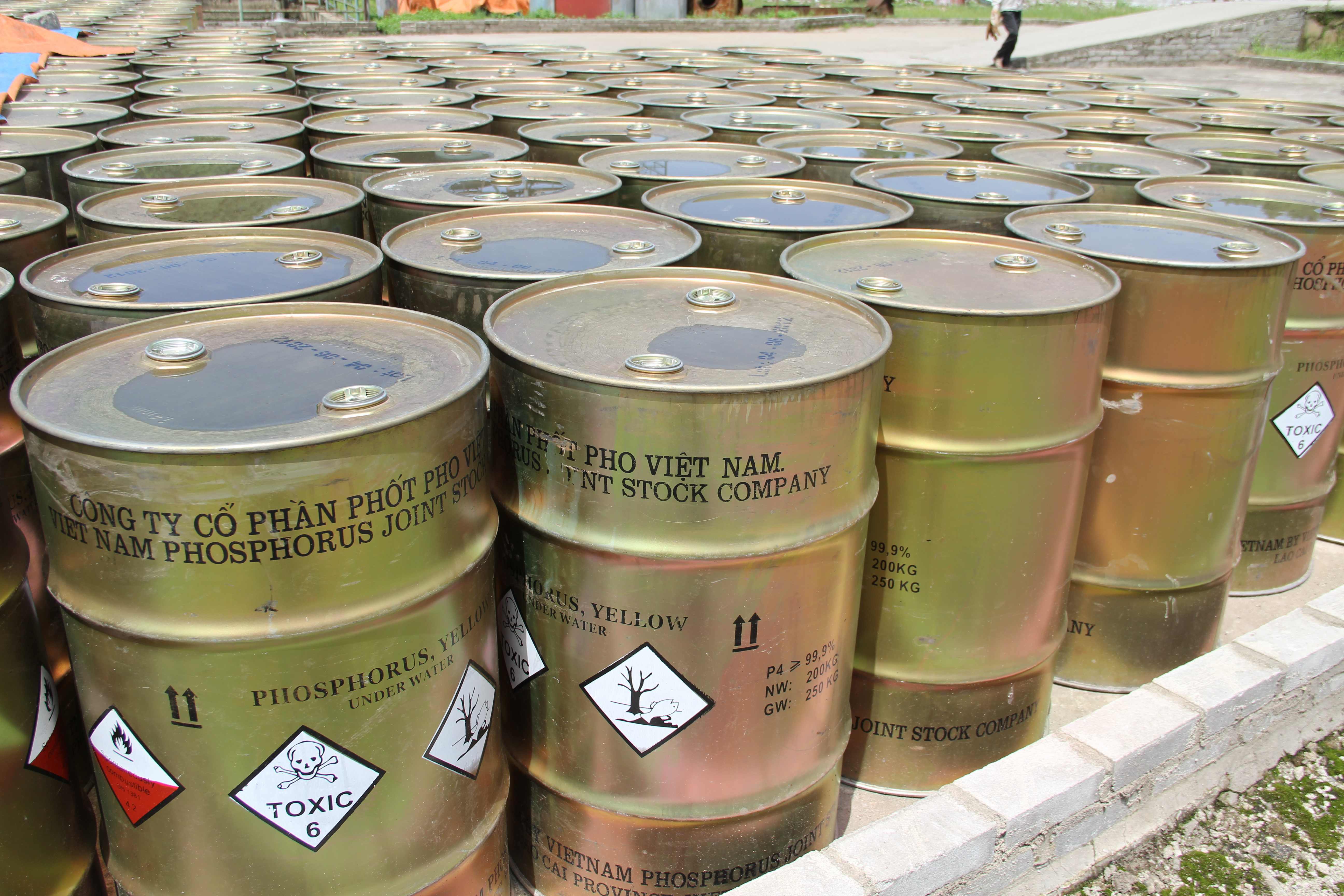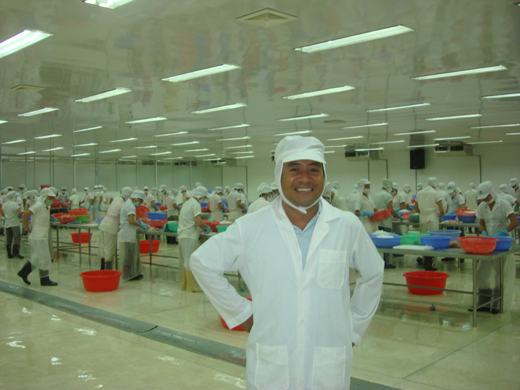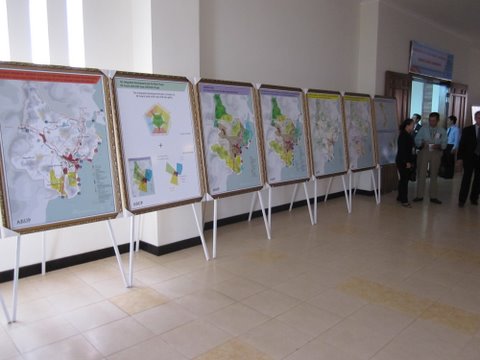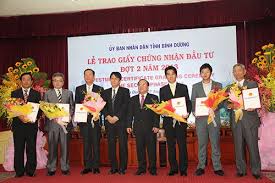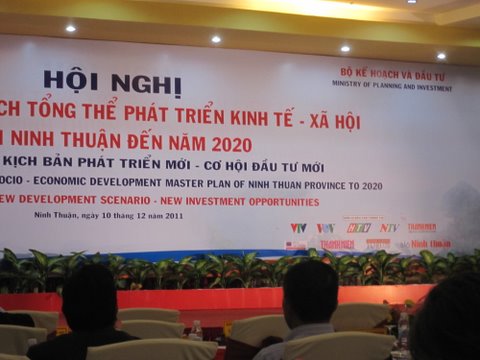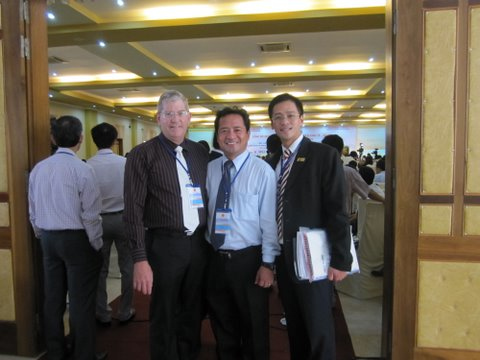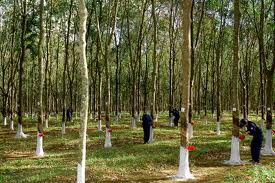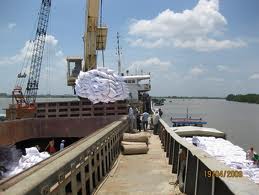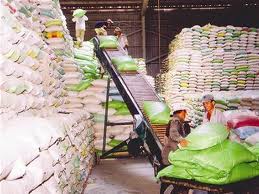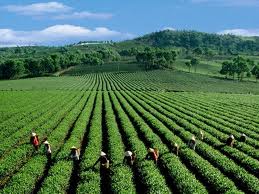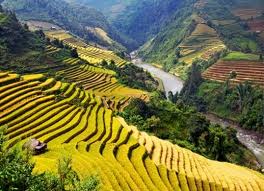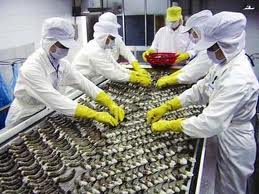quick links
partners
|
Let's start with the economy facts. With the population of over 90 million, Vietnam is the world’s 13th-most-populous country, and the eighth-most-populous Asian country. Vietnam has the highest Global Growth Generators Index among 11 major economies, and its successful economic reforms resulted in it joining the World Trade Organization in 2007. Vietnamese economy is a developing planned economy and market economy. Manufacturing, information technology and high-tech industries now form a large and fast-growing part of the national economy. Though Vietnam is a relative newcomer to the oil industry, it is currently the third-largest oil producer in Southeast Asia, with an output of 400,000 barrels per day. Deep poverty, defined as the percentage of the population living on less than $1 per day, has declined significantly in Vietnam, and the relative poverty rate is now less than that of China, India, and the Philippines, giving rise to a middle class, according to the CIA World Factbook. In 2011, Vietnam’s nominal GDP reached $121.6 billion with a nominal GDP per capita of $1,361, according to the IMF. According to a December 2005 forecast by Goldman Sachs, the Vietnamese economy will become the world’s 17th-largest by 2025, with an estimated nominal GDP of $436 billion and a nominal GDP per capita of $4,357. According to a 2008 forecast by PWC, Vietnam may be the fastest-growing of the world’s emerging economies by 2025, with a potential growth rate of almost 10% annually in real dollar terms. The workforce in Vietnam (defined as adults aged 23 to 65) is expected to jump by 23 million over the next 20 years, to 65 million. This should help make the country a viable alternative to China as a manufacturing center. Regarding to the growth of commodity, Vietnam has become a major exporter of agricultural products. It is now the world’s largest producer of cashew nuts, with a one-third global share; the largest producer of pangasius package fish; the largest producer of black pepper, accounting for one-third of the world’s market; and the largest rice exporter in the world. Other primary exports include coffee, tea, rubber, and fishery products. However, agriculture’s share of Vietnam’s GDP has fallen in recent years as production in other sectors of the economy has risen. Business in Vietnam has been climbing and overall Vietnam is a great market to do business in. Vietnam is starting from a very small base, it is likely it will continue to grow at very high rates for the foreseeable future. In fact, Vietnam actually grew at approximately 6% in 2011, which was a very challenging year for the global economy. With its large population and great geographic location, Vietnam is likely to be one of the biggest markets of the future. Vietnam was ranked at 98th place for Ease of Doing Business, in the World Bank’s annual ranking. In the same survey, Vietnam ranked at 166th for Protecting Investors, 68th for Trading Across Borders, and 30th for Enforcing Contracts. With all facts considered, Vietnam is a highly dynamic environment and selecting to be the top sourcing country for business operations that can have a significant long-term impact. At VIETIBS, we are actively involved on the ground level with local government, province industrial system, colleges & training institutions, and local firms to make sourcing business most effective to our clients . We are also working with local suppliers, farmers, ranchers and fishermen to develop new crops, products and seek new market opportunities. Our sourcing services offerings are flexible and included:
|





